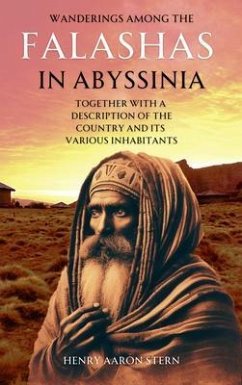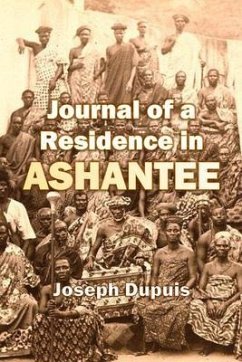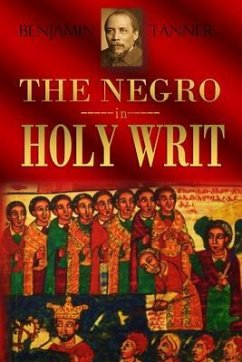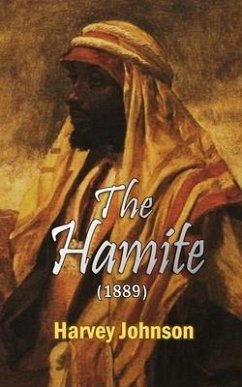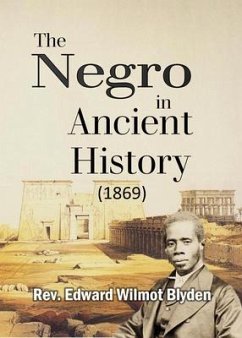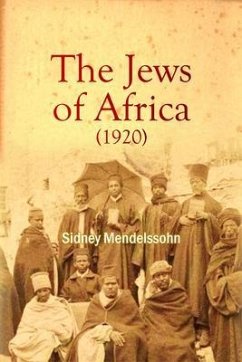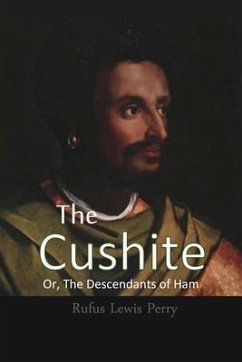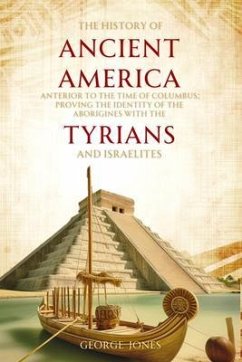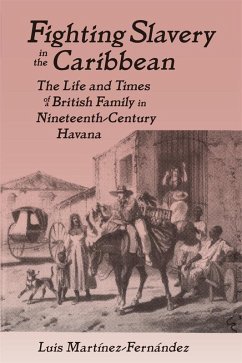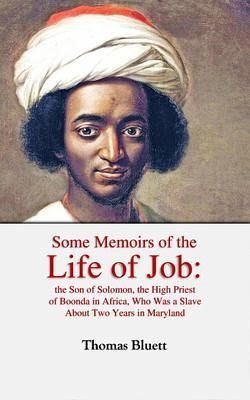
Some Memoirs of the Life of Job, the Son of Solomon, the High Priest of Boonda in Africa, Who Was a Slave About Two Years in Maryland (eBook, ePUB)

PAYBACK Punkte
2 °P sammeln!
"Sheds light on the slave trade, American slave life and the British abolitionist movement." -Daily Press (Newport News, Va.), June 8, 2014"Some Memories of the Life of Job" is one of the earliest and most intriguing slave narratives, being published in 1734. Ayuba Suleiman Diallo (1701-1773), also known as Job ben Solomon, was a famous Muslim who was a victim of the Atlantic slave trade. Born in Bundu, Senegal (West Africa), Job's memoirs were published as one of the earliest slave narratives in Thomas Bluett's 1734 book "Some Memories of the Life of Job." Diallo came from a prominent Fulbe f...
"Sheds light on the slave trade, American slave life and the British abolitionist movement." -Daily Press (Newport News, Va.), June 8, 2014
"Some Memories of the Life of Job" is one of the earliest and most intriguing slave narratives, being published in 1734.
Ayuba Suleiman Diallo (1701-1773), also known as Job ben Solomon, was a famous Muslim who was a victim of the Atlantic slave trade. Born in Bundu, Senegal (West Africa), Job's memoirs were published as one of the earliest slave narratives in Thomas Bluett's 1734 book "Some Memories of the Life of Job."
Diallo came from a prominent Fulbe family of Muslim religious leaders. His grandfather had founded the town of Bundu, and he grew up with Samba Geladio Diegui the heir to the Kingdom of Futa-Toro. In 1730, Job became a victim of the ever-growing slave exploitation of the Senegambia region. Job and his interpreter Loumein Yoas were near the Gambia River to trade slaves and paper. While visiting some friends on their return trip, Job and Yoas were captured by invading Mandingoes. Eventually Job was sold to a slave holder in Maryland.
Job's story was an extremely rare exception in the slave trade. Due to his intelligence and monetary prowess, and Englishmen's desire to use him to increase their own profits in trade on the coast of Africa, he was able to legally escape the hardships of slavery and return home to Africa.
Thomas Bluett (c.1690-1749) was a British judge in Annapolis, Maryland. Bluett gained lasting renown by the encounter with an African slave, Job, in 1731. While in jail in Annapolis, Job was visited by Thomas Bluett. Thomas became impressed with him and, through another slave acting as interpreter, wrote Job's biography.
"Some Memories of the Life of Job" is one of the earliest and most intriguing slave narratives, being published in 1734.
Ayuba Suleiman Diallo (1701-1773), also known as Job ben Solomon, was a famous Muslim who was a victim of the Atlantic slave trade. Born in Bundu, Senegal (West Africa), Job's memoirs were published as one of the earliest slave narratives in Thomas Bluett's 1734 book "Some Memories of the Life of Job."
Diallo came from a prominent Fulbe family of Muslim religious leaders. His grandfather had founded the town of Bundu, and he grew up with Samba Geladio Diegui the heir to the Kingdom of Futa-Toro. In 1730, Job became a victim of the ever-growing slave exploitation of the Senegambia region. Job and his interpreter Loumein Yoas were near the Gambia River to trade slaves and paper. While visiting some friends on their return trip, Job and Yoas were captured by invading Mandingoes. Eventually Job was sold to a slave holder in Maryland.
Job's story was an extremely rare exception in the slave trade. Due to his intelligence and monetary prowess, and Englishmen's desire to use him to increase their own profits in trade on the coast of Africa, he was able to legally escape the hardships of slavery and return home to Africa.
Thomas Bluett (c.1690-1749) was a British judge in Annapolis, Maryland. Bluett gained lasting renown by the encounter with an African slave, Job, in 1731. While in jail in Annapolis, Job was visited by Thomas Bluett. Thomas became impressed with him and, through another slave acting as interpreter, wrote Job's biography.
Dieser Download kann aus rechtlichen Gründen nur mit Rechnungsadresse in A, D ausgeliefert werden.





